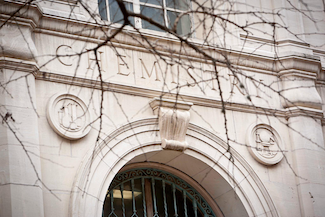Sherman Murder Defendant Loses Effort to Overturn His Death Penalty in Racially Tinged Prosecution
The U.S. Supreme Court denied review — and habeas relief — for the killer in a notorious 2004 Sherman case who murdered his estranged wife, turning down his argument that he was denied effective assistance of counsel after his trial counsel failed to strike any of three jurors who stated religious objections to interracial marriage or mixed-race children. The habeas corpus effort lingered on the Supreme Court’s docket for more than a year from when it was filed in September 2021 and drew amicus support by leading Texas jurists and ex-PepsiCo general counsel and former deputy U.S. attorney general Larry Thompson.
